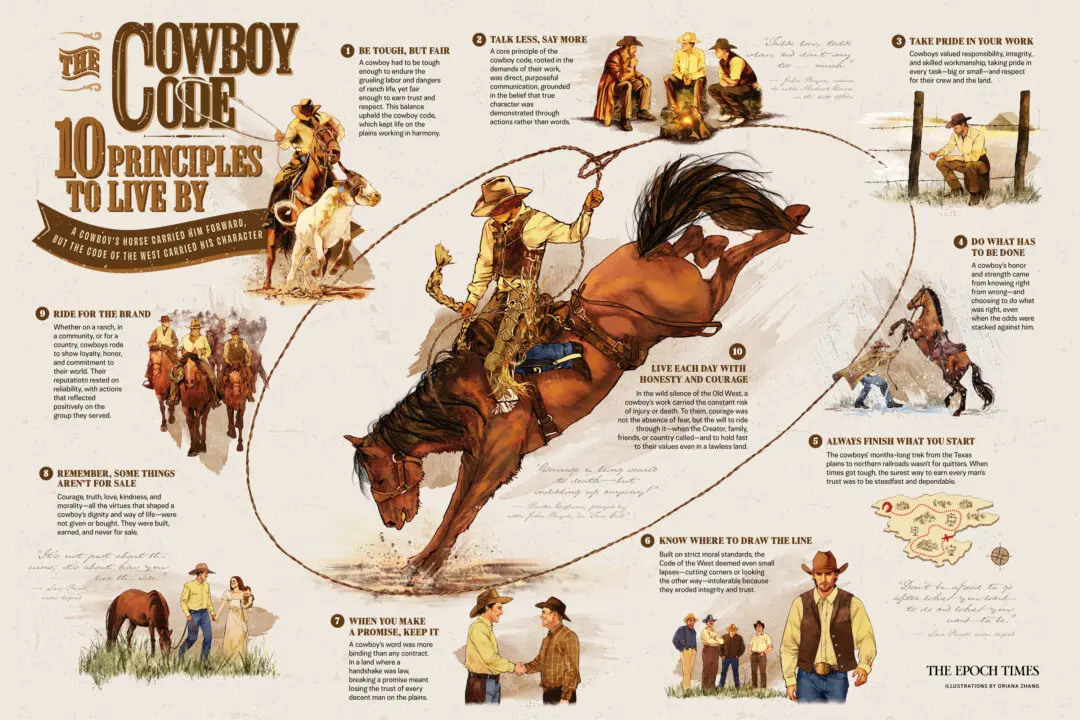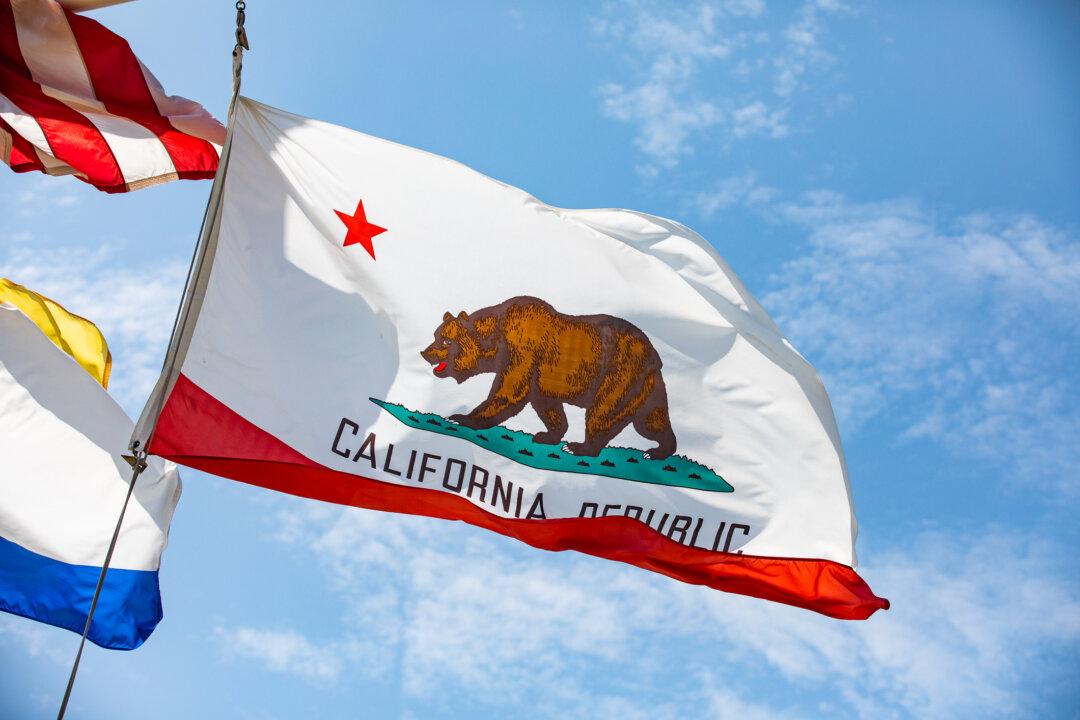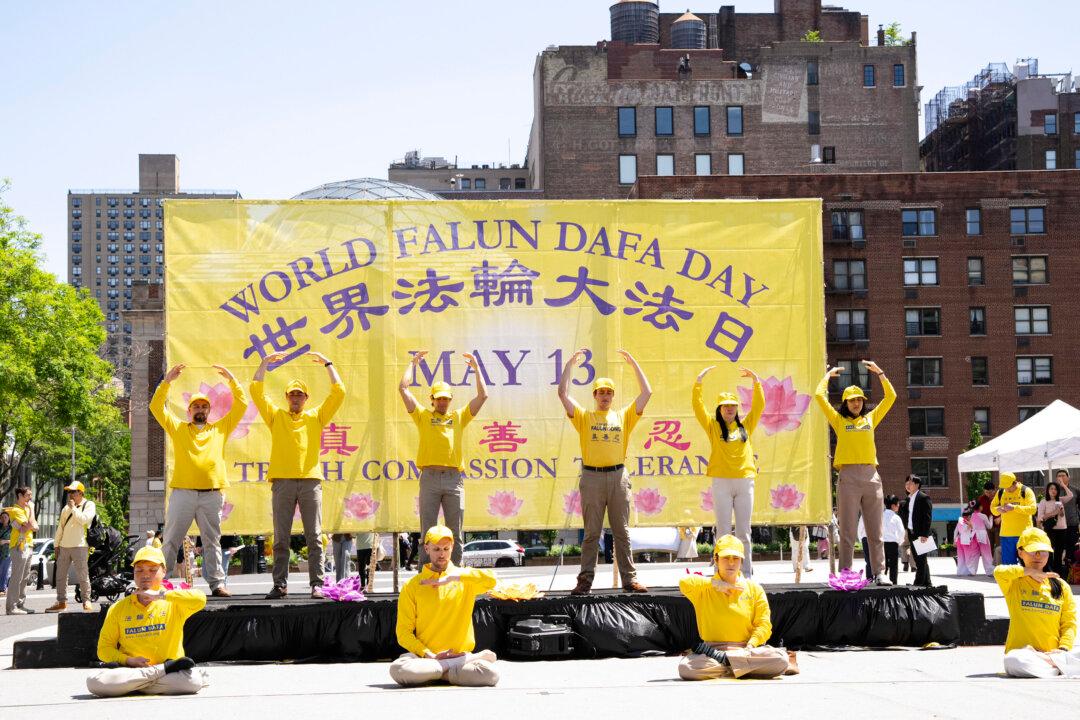California Gov. Gavin Newsom vetoed Oct. 7 a bill that would have included caste as a protected anti-discrimination category.
Senate Bill 403, introduced by Sen. Aisha Wahab (D-Hayward), cleared the state Legislature last month and was presented to the governor for approval on Sept. 11.





